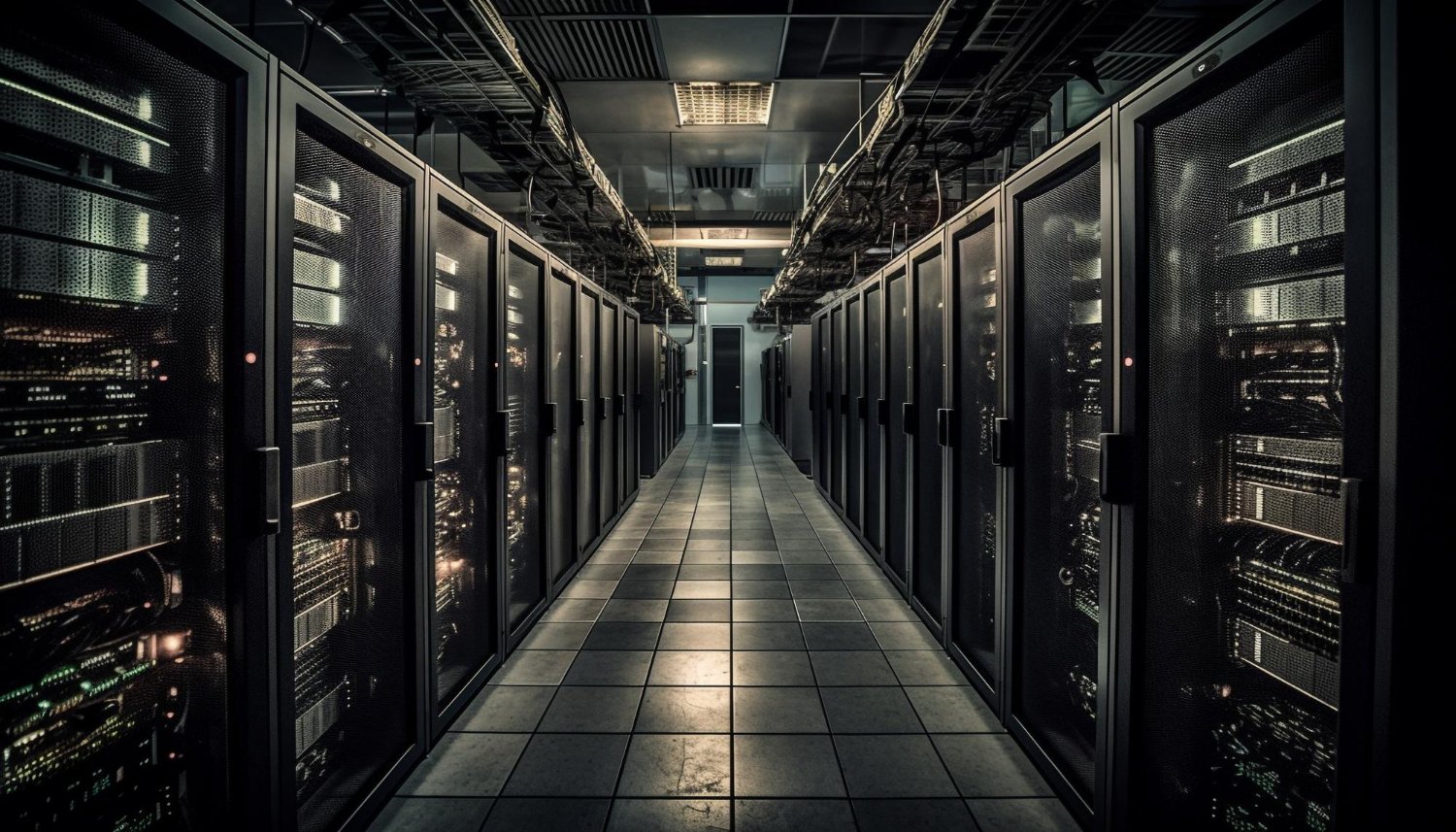Over the past few years, the demand for reliable and centralized data storage has increased exponentially. The advent of advanced network technologies has led to the development of Network Attached Storage (NAS), which is an ideal solution for individuals and businesses looking to store data securely while keeping it accessible to authorized users at all times. In this blog post, we will take an in-depth look at what is network attached storage, how it works, different types of NAS, and why they could be an affordable storage option for you.
What is Network Attached Storage?
Network Attached Storage (NAS) is a storage solution that allows multiple users to access, backup, and share data over a network. Whether at home or in an office setting, NAS devices can store vast amounts of data and offer flexibility in data access control. NAS operates as an independent system that can be connected to a local area network (LAN) or the internet, allowing users to easily access their stored data from anywhere.

How does it work?
NAS devices run on their operating systems, which are optimized for data sharing, storage, and security. The software installed on the device helps manage user access, data backups, file sharing, and cloud synchronization, among other functions. Users can also access the data using a web browser or a mobile application, which can connect to the NAS device using a unique IP address or domain name system (DNS).
Different Types of NAS
Network-Attached Storage (NAS) devices come in various types and configurations to cater to different needs and use cases. Here are some of the different types of NAS systems:
Home NAS:
- These NAS devices are designed for personal use at home.
- Typically used for data storage, media streaming, backups, and sharing files within a household.
- Usually, they have a single or a few drive bays.
Small Business NAS:
- Small businesses often require NAS systems to store and share files, run applications, and back up data.
- They offer more advanced features, scalability, and reliability compared to home NAS devices.
- Multiple drive bays for RAID configurations are common.
Enterprise NAS:
- Enterprise-grade NAS systems are designed for large organizations and data centers.
- They offer high performance, scalability, and advanced data management features.
- Redundancy and data protection are critical aspects of these NAS solutions.
Rack-Mounted NAS:
- Rack-mounted NAS units are designed to be installed in server racks, saving space and providing easy integration into data center environments.
- They are commonly used in business and enterprise settings.
Desktop NAS:
- Desktop NAS devices are compact and designed to sit on a desk or shelf.
- They are suitable for home users, small offices, and businesses with limited space requirements.
- These devices often have a smaller number of drive bays.
NAS Appliances:
- NAS appliances are pre-built, turnkey solutions that come with hardware and software configured for specific purposes.
- They are easy to set up and use, making them ideal for users who want a plug-and-play NAS experience.
DIY NAS:
- Some advanced users prefer to build their NAS systems using off-the-shelf hardware and open-source NAS software.
- This approach offers customization and flexibility but requires technical expertise.
Cloud-NAS Hybrids:
- These NAS devices are designed to seamlessly integrate with cloud storage services.
- Users can access and sync data between the NAS and cloud storage for added redundancy and accessibility.
Why is NAS an affordable storage option?
One significant advantage of NAS devices is their affordability, especially when compared to traditional storage solutions like servers and SANs. Most affordable NAS storage systems come with pre-installed software that provides features like easy-to-use web-based interfaces, RAID protection, data security, remote access, and backup.
NAS (Network Attached Storage) is an affordable storage option because it is a relatively simple technology. NAS devices do not require any special hardware or software, and they can be easily set up and managed. Additionally, NAS devices are often sold in pre-configured bundles, which can save you money.
Simple technology: NAS devices are based on a simple file-sharing architecture, which makes them easy to set up and manage.
Off-the-shelf components: NAS devices are typically built using off-the-shelf components, which can help to keep costs down.
Pre-configured bundles: Many NAS devices are sold in pre-configured bundles, which can save you money on the hardware and software.
Scalability: NAS devices are scalable, so you can easily add more storage as needed.
Cost-effective: NAS devices are a cost-effective way to store files, especially for small businesses and home users.
Additionally, some NAS systems allow users to expand the storage capacity by attaching external hard drives, making it a cost-effective solution compared to traditional methods of storage.
Benefits of NAS
NAS provides multiple benefits, including:
Easy Storage and Access:
One of the primary benefits of NAS is the ease with which users can store and access their data. With a NAS device installed, individuals and businesses no longer have to worry about scattered data across multiple devices. NAS devices allow users to store their data in a centralized location, which can be accessed by authorized personnel from multiple devices, making data management more manageable.
Improved Data Backup:
Data is essential to every organization, and the loss of it can be costly. NAS ensures better data backup and recovery through features like snapshot capabilities, continuous data protection, and synchronization across all devices. In the event of data loss or theft, businesses can be assured that essential data is backed up and secure.
Enhanced Data Security:
NAS provides a more secure environment for data storage by incorporating features like built-in encryption, anti-virus, and firewalls. These features ensure that data is protected from external threats, making NAS a better choice for sensitive data compared to traditional storage devices like external hard drives.
Cost-Effective:
While storage costs can be exorbitant, particularly for businesses, switching to NAS can provide significant cost savings. With NAS devices, businesses can avoid expensive monthly cloud storage fees, making it a cost-effective alternative for businesses looking to store their data securely.
Collaborative Work:
With NAS, employees can share information and work collaboratively on projects, editing documents in real-time. This feature works wonders for individuals or businesses dealing with data-intensive collaborative work. Users can upload content to the NAS device, which can be accessed by other authorized personnel, improving collaborative workflow and productivity.
Uses of NAS
NAS devices have numerous uses, including:
Data backup and archive – NAS is an effective solution for storing data backups and archives, as it can replicate data in real-time or schedule backups according to the users’ preferred frequency.
Media streaming – NAS can be used to store and stream multimedia content such as music, videos, and photos to other devices on a home or office network.
Virtualization hosting – NAS systems can be used to host virtual machines and run virtual servers, making it possible for businesses to easily scale their IT infrastructure.
Conclusion
In conclusion, NAS is a reliable and accessible solution that provides secure storage to numerous users simultaneously. It is an affordable option that offers features such as cloud synchronization, remote access, and backup, which makes it an ideal solution for small and medium-sized business setups, as well as personal use. Not only is it cost-effective, but NAS can also be optimized to suit individual storage needs. Contact us to learn more about NAS and how it could benefit you. sprunki horror Endless Fun Awaits!



